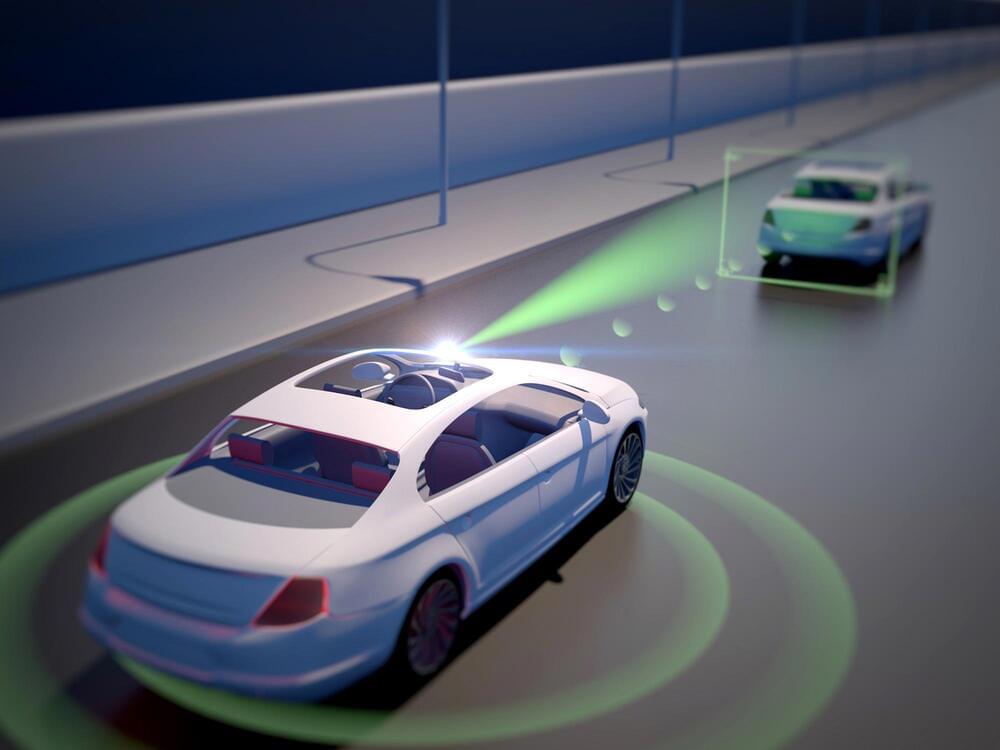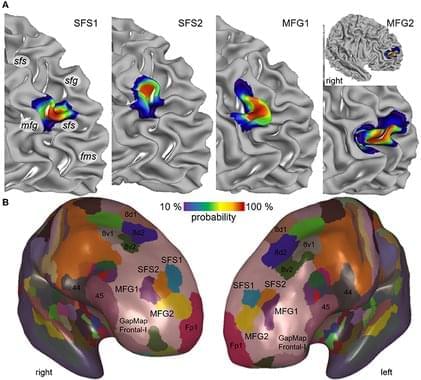Aug 24, 2022
Researchers engineer novel material capable of ‘thinking’
Posted by Saúl Morales Rodriguéz in categories: biotech/medical, mobile phones, robotics/AI
Someone taps your shoulder. The organized touch receptors in your skin send a message to your brain, which processes the information and directs you to look left, in the direction of the tap. Now, Penn State and U.S. Air Force researchers have harnessed this processing of mechanical information and integrated it into engineered materials that “think”.
The work, published today in Nature, hinges on a novel, reconfigurable alternative to integrated circuits. Integrated circuits are typically composed of multiple electronic components housed on a single semiconductor material, usually silicon, and they run all types of modern electronics, including phones, cars and robots. Integrated circuits are scientists’ realization of information processing similar to the brain’s role in the human body. According to principal investigator Ryan Harne, James F. Will Career Development Associate Professor of Mechanical Engineering at Penn State, integrated circuits are the core constituent needed for scalable computing of signals and information but have never before been realized by scientists in any composition other than silicon semiconductors.
Continue reading “Researchers engineer novel material capable of ‘thinking’” »


















